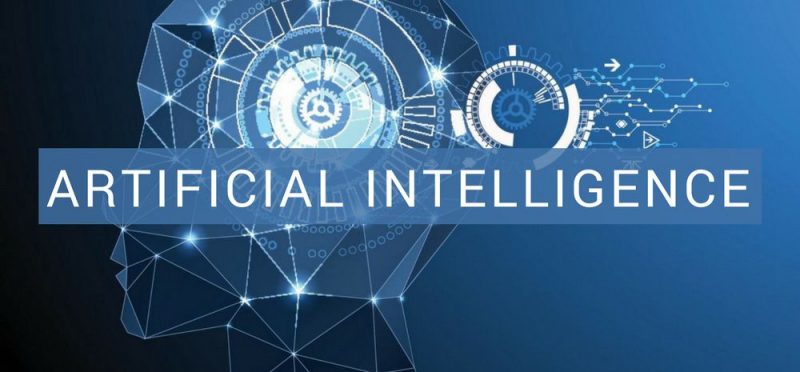


The programme, spearheaded by the National Senior Secondary Education Commission, is designed to embed Artificial Intelligence into the education system, improve teaching practices, and equip educators with the skills needed to prepare students for a technology-driven future.
Speaking at the flag-off of the training and the launch of the minimum standards for senior secondary education in Abuja on Tuesday, the Minister of Education, Dr. Maruf Olatunji Alausa, described the initiative as a milestone in the shared commitment to empower teachers with the competencies required for the fast-changing digital era.
“The world is currently experiencing a technological revolution, with Artificial Intelligence at its centre. AI is no longer a vision of the future but a present reality that is reshaping industries, economies, and societies,” he said.
“As educators, we must adapt to this transformation and ensure that our education sector keeps pace. Integrating AI into teaching provides a unique opportunity to enrich learning, personalise instruction, and build critical thinking skills in our students. Our ultimate aim is to equip them for careers in a technology-driven world, where AI literacy will be as essential as basic reading and writing,” he said.
He explained that the document—developed by NSSEC in broad consultation with stakeholders and endorsed by the National Council on Education—serves as a framework to guarantee that senior secondary education nationwide meets high-quality standards. “It is our roadmap for ensuring consistency, accountability, and measurable progress in the sector,” he added.
Also speaking, the Minister of State for Education, Prof. Suwaiba Ahmed, stressed that the world is advancing rapidly into a digital future, and Nigeria must not be left behind.
She noted that integrating AI into Nigeria’s education system will not only improve teaching methods but also enrich learning experiences, thereby positioning students to seize global opportunities.
Represented by her Special Assistant on Technical Matters, Dr. Clara Ujam, the Minister of State explained that the Ministry of Education, under President Bola Tinubu’s administration, places strong emphasis on reforms designed to equip Nigerian students with 21st-century skills.
“The AI in Pedagogy training is a crucial part of these reforms, aimed at empowering teachers with the competencies required to deliver innovative, technology-driven education,” she added.
“To our committed teachers, you are at the heart of this transformation. The knowledge and skills you gain from this training will create a ripple effect, equipping students for a future where digital and AI competencies are essential. I urge you to seize this opportunity wholeheartedly and apply what you learn to enrich classroom teaching and learning,” he said.
In his remarks, the Executive Secretary of NSSEC, Dr. Iyela Ajayi, described the unveiling of the Developed Minimum Standards for Senior Secondary Education and the launch of the Google-sponsored online AI in Pedagogy training for 6,000 senior secondary school teachers nationwide as a milestone in advancing educational excellence, aligned with the Renewed Hope Agenda.
“As we begin this journey of national renewal under the visionary leadership of President Bola Ahmed Tinubu, it is important to acknowledge that education is not just a tool for personal growth, but the foundation of a prosperous and just society,” he stated.
“What we are witnessing today is a testament to our shared commitment to quality, equity, and relevance in senior secondary education. Indeed, education is the bedrock of any progressive nation, and the senior secondary stage remains critical in preparing our young people for higher learning, employment, and lifelong skills.”
The virtual training programme, sponsored by Google Research with support from Data Science Nigeria and Olabisi Onabanjo University, Ogun State, is designed to strengthen the AI teaching competencies of senior secondary school teachers across the 36 states and the FCT. Structured into five modules, the training will span a period of five weeks,” he explained.
He added that the National Senior Secondary Education Commission (NSSEC), which has the mandate to reposition senior secondary education, continues to intervene in key areas such as teacher capacity building, provision of instructional resources, and the development of the Minimum Standards for Senior Secondary Education in Nigeria.
The Minimum Standards highlight core components such as curriculum and learning outcomes—ensuring students acquire the knowledge, skills, and competencies needed for higher education and the workforce. Other features include teacher qualifications and professional development, infrastructure and learning environment, a robust monitoring and evaluation framework for quality assurance, effective school governance and leadership, research and statistics, and stakeholder commitment in implementation.
Ajayi urged state governments, school administrators, and private sector actors to support the initiative by investing in infrastructure, teacher training, and student welfare. He further disclosed that schools have been given nine months to fully implement the Minimum Standards.